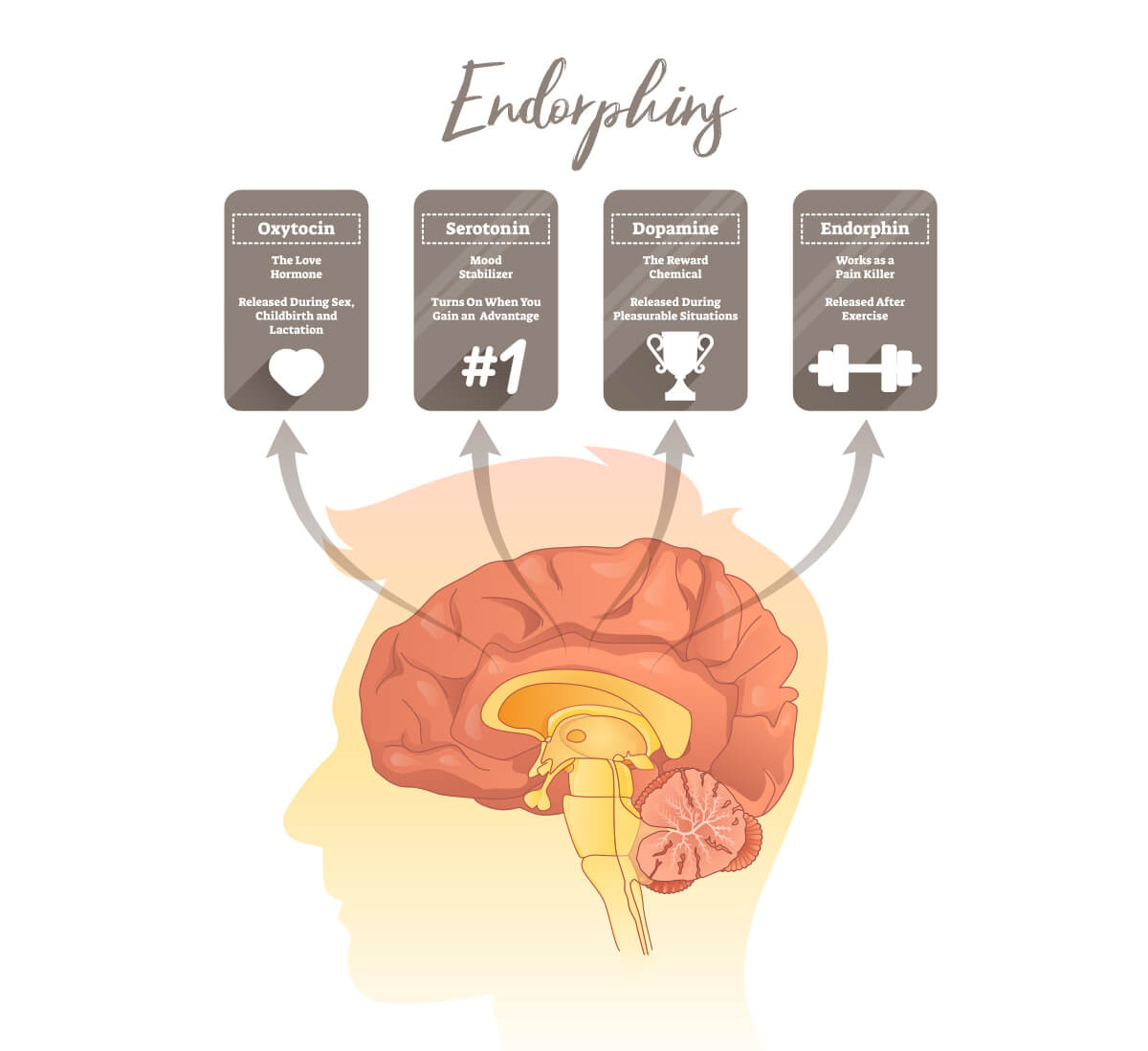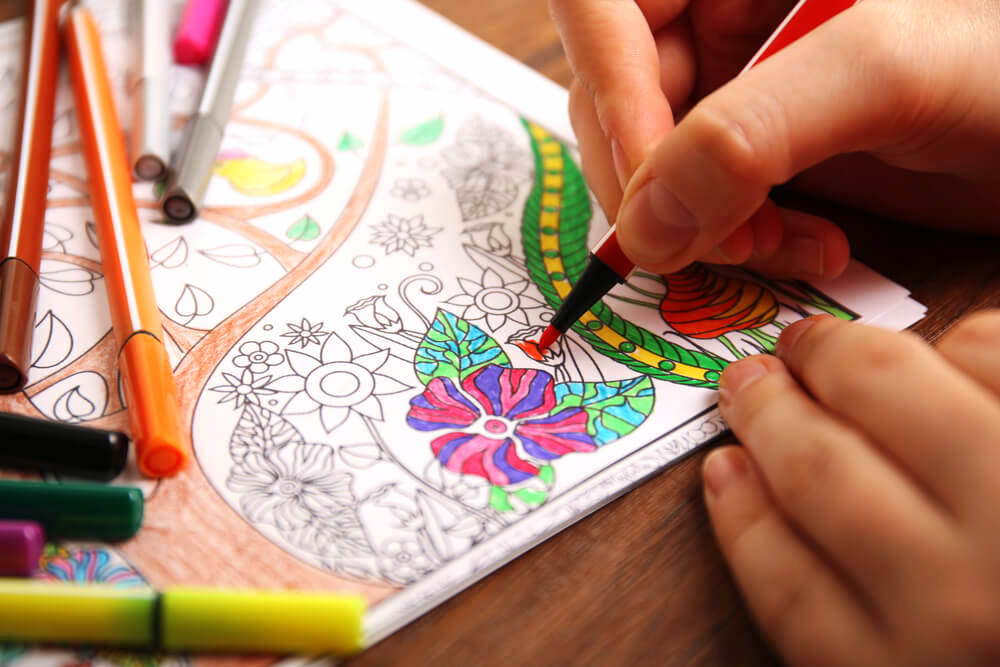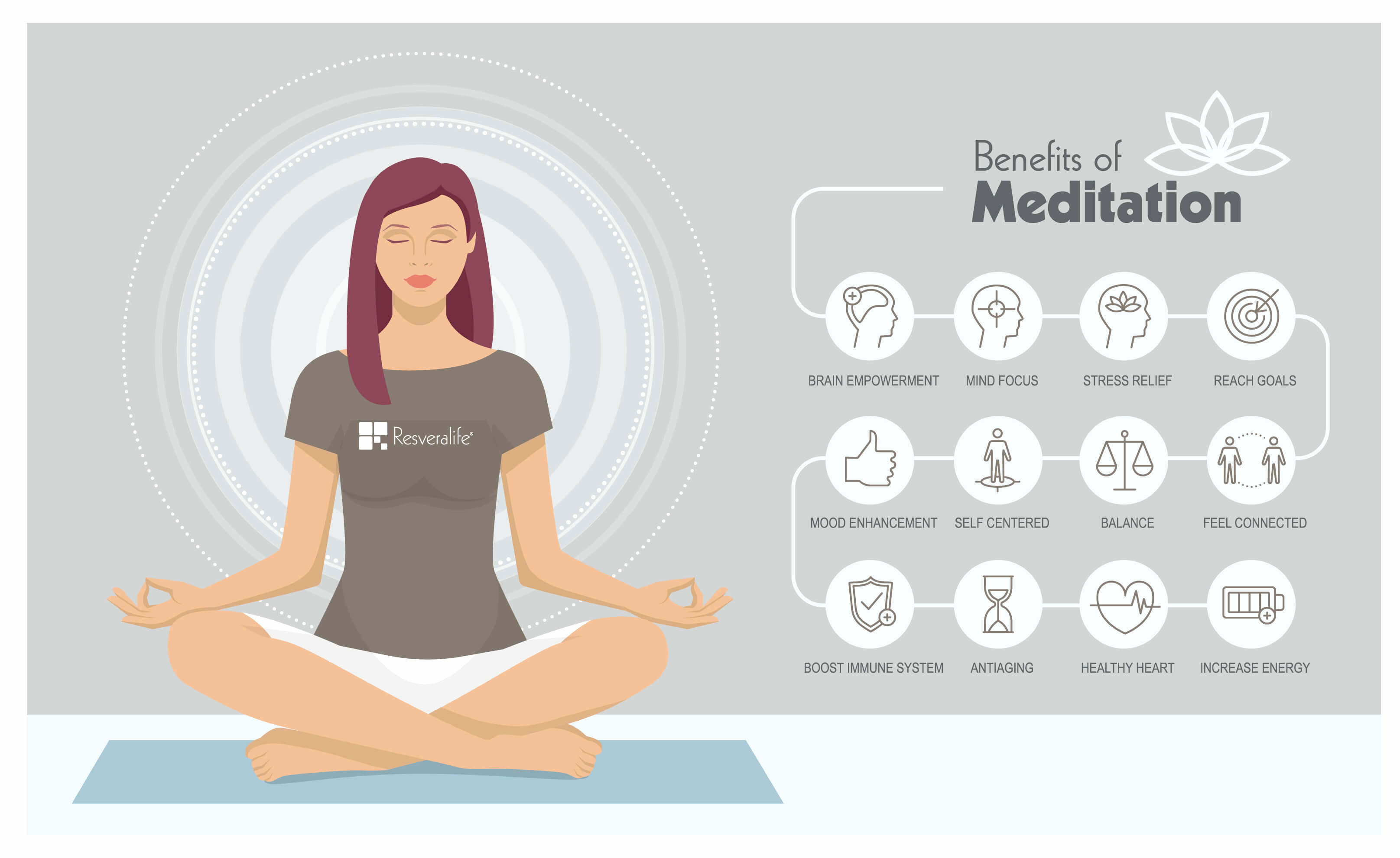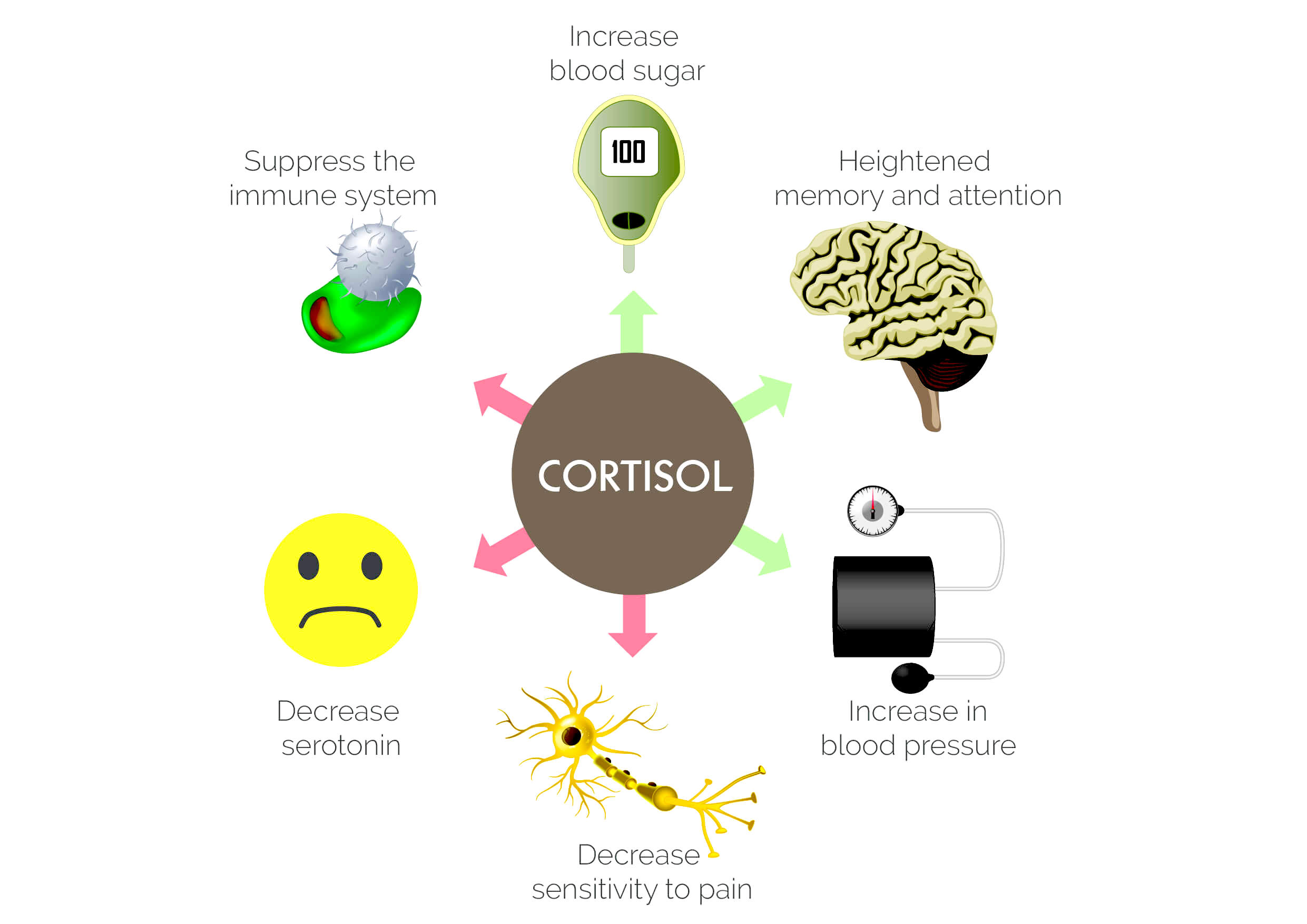There are times when you’re faced with a problem or a period in your life that you cannot deal with. When your mind feels like it’s stuck in a bog, and there’s no way out.
That’s why it is very important to know when to press pause. To stop. To refocus.
And how are you to do that?
Well, by shifting your focus.
When you shift your focus, you are able to postpone thinking about the problem that causes you stress. As a direct result your stress levels decrease, helping you cope with the hurdles on your path. When you have done that, when you’ve managed to relax, that’s when you’re capable of dealing with the practical side of things.
So, here are some ways of shifting your focus that will help you in the long run.
Take A Creative Break
Did you know that stepping back for a while can actually increase your chances of finding the answer to your problem?
As the old saying goes, sometimes you can’t see the forest from the tree. It’s blocking your view and your path to the solution. It’s stopping you mentally, as well as physically.
So take a break from the issue you’re currently having and engage your mind in a different way.
Not sure where to begin? Here are a few ideas:
- Organize the bookcase that you haven’t come round to
- Watch an episode of your favorite sitcom
- Take a nap. Research shows that taking a nap is a foolproof way of rebooting your brain
- Solve a different kind problem, like a crossword puzzle or Sudoku
Many people would call this the art of procrastination, but people neglect how it can be useful, as well. While you’re letting your brain gallivant across unimportant things (except the sitcom! That is incredibly important!), you’re actually allowing it to rest.
The point is to do something mind-engaging that you enjoy. To restart your brain while you have fun. To drag it out of the bog long enough to see that the sun is shining and the bog is not the place for it.
Make A Phone Call
This is a super easy way to shift your attention to something else. It’s quick and immediately effective. In fact, people do it all the time. But instead of calling your friends and loved ones every once in a while to catch up, why not send them a text whenever you need a break?
Not only will this help you re-focus your attention, but it will also have the added benefit of keeping your friends and loved ones regularly in your life.

Are you unsure of what to say in your text or call?
It doesn’t have to be anything long or specific. Just ask them about their day, how their work is going, and have they seen that last episode of Game of Thrones?
Sure winner, really.
Help Someone Else
Sometimes it’s necessary to get out of our own heads and into helping someone else. Not only does this engage our attention in a completely different direction, but it also gives us some perspective. As it turns out, we’re not the only people with problems after all.
So how should you go about helping someone else?
It can be as easy as turning to your co-worker and ask if they need any help. If you’re aware of the projects they’re working on, offer some ideas or suggestions. You can also offer to make them a cup of coffee, or pack some lunch on your way out.
If you don’t feel like reaching out to a co-worker, why not think about those in your immediate social circle? Is your husband trying to find a gluten-free cookie brand that he doesn’t hate? Try researching some reviews online to see what other options are available. Is your best friend looking for a good book to read? Make a list of five different books you think she’ll enjoy, and send the list to her. She’ll appreciate it!
List the Positives
Negativity has a huge impact on our lives. And yes, some people are naturally more prone to think negatively.
It’s a glass-half-empty type of thing.
But in order to shift your focus, you have to shift the driving force of your thoughts.
Out with the negativity, in with the positivity!
While you’re looking at a problem or, even, your life, on a grand scale, stop and focus on the positive things.
What are the positive things? Well, start by thinking about what good this particular problem can bring in the future, what you will have learnt and what you’re yet to learn.
If that fails, there are other foolproof ways of shifting your focus to more optimistic dimensions. Consider focusing on these:
- Your strengths – is it your sensitivity? your social skills? or maybe it’s your ambitious approach in new projects?
- Your achievements – this may be closing a sales account sooner than expected, reaching your own financial savings goals, or just finishing three different chores on Sunday
- The things you love – your dog, your sister, your husband, your kids and the thick forest near your home are all fodder for optimistic thought
- Your environment – the technology you’re using, the bird outside, the change of seasons

Optimism can aid you significantly, as you will learn. It will lead to greater success, better overall health and, of course, decrease your stress levels.
By focusing on positive thoughts, you can actually live longer! If that’s not a good enough reason to switch to positivity, well, we don’t know what is.
Get Out and Exercise
Not to get all Latin on you, but ancient Romans did know a thing or two about life. Well, we can only imagine, since so many proverbs remain. And there is one particular wisdom that is incredibly useful when trying to shift focus.
Mens sana in corpore sano.
See? Even the ancient Romans knew that a healthy body is the foundation of a healthy mind, its support and enabler. And just like a house is wobbly without a proper foundation, your mind will also suffer without a healthy body.
And one way to change that is to exercise.
Exercising on a regular basis has so many benefits that it is difficult to list them all. And not just when it comes to the physical part.
It is known to reduce stress, to alleviate anxiety symptoms, and even aid with depression. When your body changes and becomes something you consider good, that will also lead to increased self-esteem that can pour into other spheres of life. Truly, the effects of exercising are gargantuan in the long run.
But, did you know that it can also help you at the precise moment you need it?
Let’s go back to the beginning. We mentioned some menial tasks, or even some harder ones, used to relax and shift your focus. Well, exercise can do that, as well. Only here, you also have the added benefit of endorphins making you feel good.

Once you’re faced with an overwhelming task or an overwhelming period in your life, one of the ways you can shift your focus is to exercise. It doesn’t have to be for too long. You don’t have to slave away at the gym, building muscles. You simply need to dedicate some time to your body.
And your body will show that it’s grateful by providing your mind with solutions and changed perspectives and, simply, contentedness.
Two things come to the fore when you exercise to shift your focus:
- You step away from the situation, which is, as it has been established, a good thing.
- You are improving both the state of your body and your mind.
So, the next time you’re feeling stuck, the best idea might be to go for a run or to the gym. Just for a little while, just for a little respite for your mind. Once you return to the problem, your mind will be rested and your body delightfully relaxed.
Act Like It’s Thanksgiving Every Day
No matter what you may think, this is not a utopian idea. And no, it does not include inviting all of your family around to feast every day. Although, that does sound like a nice idea.
In a matter of speaking, Thanksgiving Day is beneficial because it reminds us that we have something to be grateful for. It reminds us to give thanks for having those things. And that is not something we do often.
So, teach yourself to be grateful.
Turning every day into Thanksgiving Day means reminding yourself that life, in all its complexities, is actually an amalgam of many things. Yes, there will be times when there are more bad things. But, there will also be times when you will feel like jumping from joy.
Employ this technique when faced with a hurdle. Instead of letting stress get the best of you, remind yourself that this is just another moment in a sea of moments of varying quality. You’re swimming through a bad one right now, but the good one is just around the corner.

Being thankful doesn’t have much to do with anything momentous. It can include something incredibly small, but big to you. You may be grateful that your kid said their first word. You may be grateful that you have a supportive family that helps you achieve your dreams. Or, also, you may be grateful simply because the bus came on time today.
If you want, you can do this on a regular basis. Pick three things that you are grateful for each day and, soon enough, you will see the difference.
Giving thanks gives way to smiles, which gives way to a happier you. And a happier you will be more adept at solving whatever hurdle life has presented before you.
So, change your focus. Clear your goggles.
See the reality of life and its astonishing nature. And that will surely lead to a healthy mind.









































